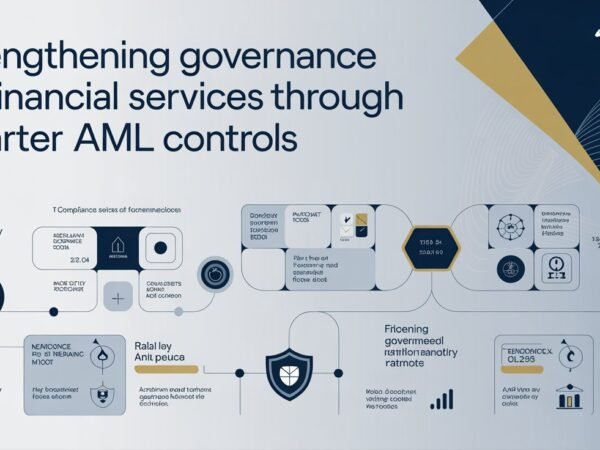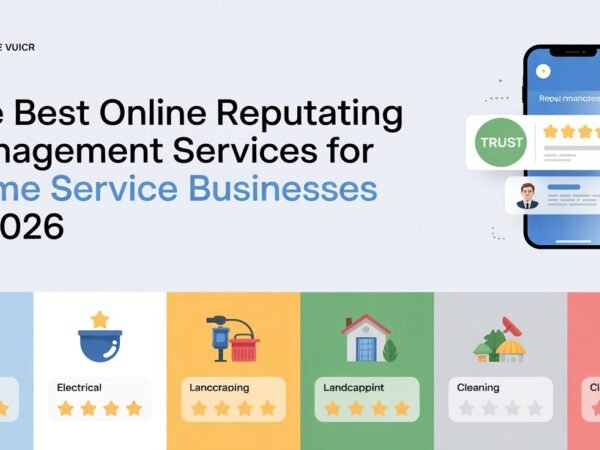Introduction: Trust and Transparency in the Age of Risk
As regulatory scrutiny intensifies across global markets, businesses are expected to know precisely with whom they’re doing business. Whether you’re a bank onboarding a new client or a corporation entering into a strategic partnership, conducting a proper background check is no longer optional it’s a legal and ethical necessity.
Among the most critical components of this due diligence process is PEP screening. With the help of modern PEP check services, organizations can identify politically exposed persons (PEPs) and assess their risk level in real-time, avoiding serious consequences down the line.
In this article, we explore how PEP check services work, why they matter, and how they protect your business from financial, legal, and reputational risks.
What Is a Politically Exposed Person (PEP)?
A politically exposed person (PEP) is someone who holds (or has held) a prominent public position, such as:
- Heads of state
- Members of parliament
- Senior military officials
- Top executives of state-owned enterprises
- Family members and close associates of these individuals
Due to their influence and access to public resources, PEPs are at a higher risk of involvement in corruption, bribery, or money laundering.
Why PEP Check Services Are Crucial
Protecting Corporate Reputation
Associating with a high-risk PEP, even unknowingly, can damage your brand image. Negative media coverage or legal exposure due to lax background checks could cost you customers, investors, and business partners.
By using PEP check services, you reduce the risk of reputational harm by identifying and screening such individuals before engaging with them.
Meeting Regulatory Compliance
Governments and regulatory bodies such as FATF, FINCEN, FCA, and the EU mandate enhanced due diligence (EDD) for PEPs. Non-compliance can lead to:
- Hefty fines
- Audits and sanctions
- License revocations
A robust PEP check program ensures your organization stays compliant and audit-ready.
Preventing Financial Crime
PEPs may be involved in money laundering, terrorism financing, or fraud. Detecting and avoiding transactions involving high-risk individuals helps prevent illicit activity from flowing through your systems.
How PEP Check Services Work
Modern PEP screening tools do far more than match names on a list. Here’s how they typically function:
Global PEP Database Integration
Access to up-to-date, government and international PEP lists that include direct and indirect relationships.
Fuzzy Matching and AI Algorithms
Identify variations in names, spellings, and aliases to reduce false negatives.
Adverse Media and Sanction Screening
Many PEP services integrate adverse media results, flagging news mentions that indicate ongoing investigations or suspicious behavior.
Continuous Monitoring
Automated re-screening of PEP status ensures you’re alerted when a customer’s risk profile changes over time.
Audit-Ready Reporting
Detailed logs, alerts, and documentation ensure your team is ready for inspections and audits.
Use Case: How a Fintech Company Avoided Risk
A European fintech platform was expanding into South Asia and onboarding users at a rapid pace. During a manual KYC process, a politically connected user with links to a corruption investigation slipped through.
After implementing an automated PEP check service, the company:
- Identified 12 high-risk individuals previously missed
- Integrated alerts into their onboarding dashboard
- Strengthened investor and regulatory confidence
This helped them build a stronger compliance framework and avoid future exposure.
Industries That Benefit from PEP Screening
While PEP checks are essential for financial institutions, they are equally critical in:
- Legal firms
- Insurance providers
- Real estate agencies
- Corporate law departments
- Crypto and blockchain platforms
- NGOs and donation-based platforms
Any business dealing with high-value transactions or cross-border relationships can benefit from PEP check services.
Best Practices for Effective PEP Risk Management
- Automate Screening – Manual processes are slow and prone to error. Use technology to scale effectively.
- Integrate with KYC/AML Systems – Seamless integration streamlines onboarding and risk assessment.
- Apply a Risk-Based Approach – Not all PEPs are high-risk. Assess the context, jurisdiction, and role.
- Conduct Enhanced Due Diligence (EDD) – For high-risk PEPs, gather additional documentation and monitor more frequently.
- Train Staff – Ensure compliance teams understand how to interpret and act on PEP results.
Conclusion: Proactive Compliance Starts with Smart Screening
In an increasingly connected world, risk management must start before a handshake or a signature. PEP check services give financial institutions and corporate entities the tools they need to make informed, compliant, and safe decisions.
By screening for politically exposed persons, you protect your organization from fraud, safeguard your reputation, and build the foundation for trustworthy business relationships.
FAQs
Do I need to screen every customer for PEP status?
Yes, especially in regulated industries. Even if most customers are low risk, you must have a documented process for identifying PEPs.
Is PEP screening a one-time process?
No. PEP statuses can change over time. Ongoing monitoring ensures you stay informed about risks.
What’s the difference between a PEP and a sanctioned person?
A PEP is a high-risk individual due to their position, but not necessarily involved in criminal activity. A sanctioned person is officially blocked for legal or political reasons.
Do Read: Why Brand Protection Monitoring Is a Game-Changer for Tech Companies in 2025













